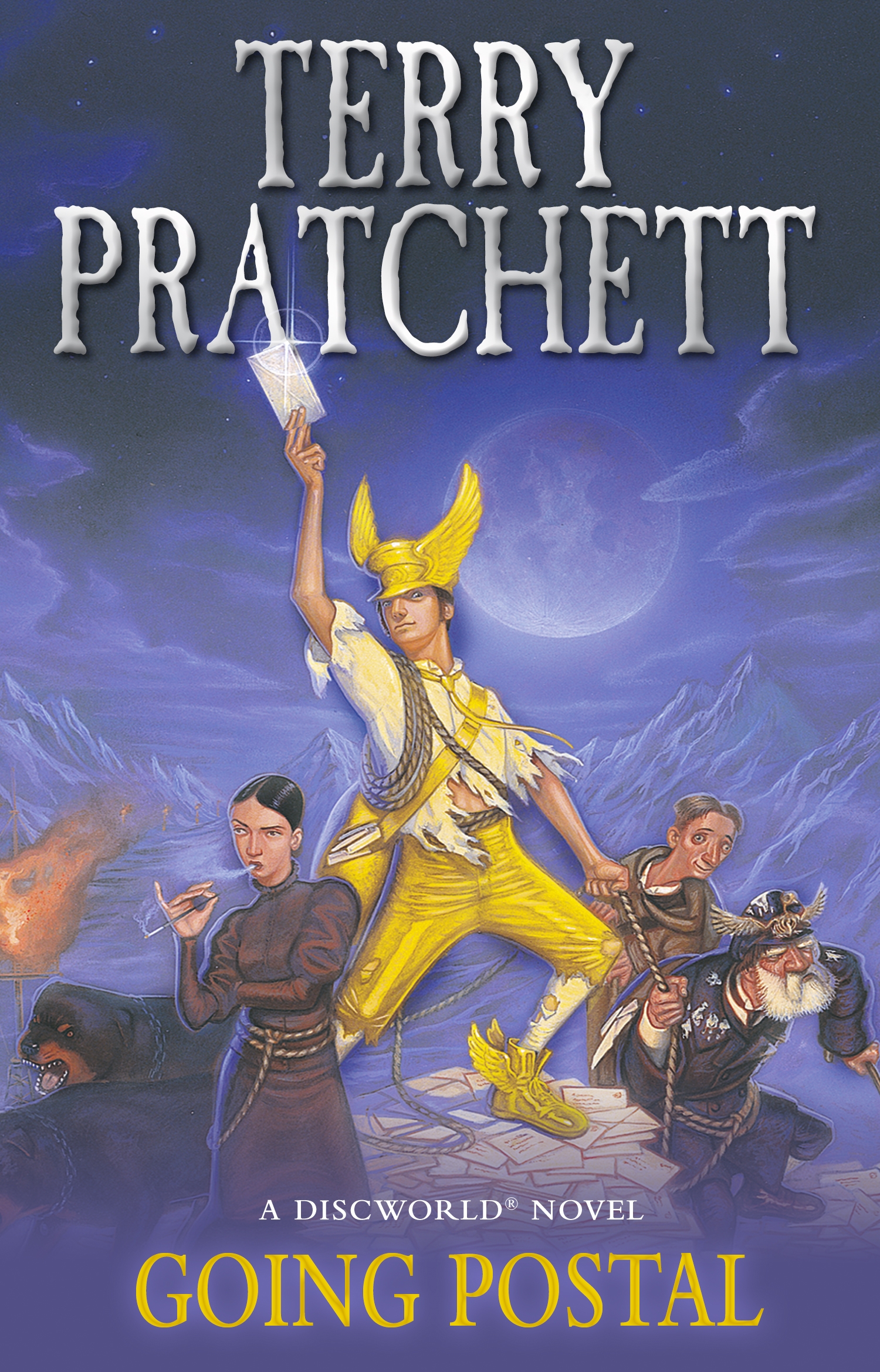


I thus use the term ‘cynical pragmatism’ to capture an affective orientation that informs LGBTIQ police reform work.Access-restricted-item true Addeddate 07:12:48 Boxid IA40230001 Camera USB PTP Class Camera Collection_set printdisabled External-identifier LGBTIQ activists working with police to reduce the harms of police practices appear to feel less that policing is definitively better and more that it could be worse. The article argues that queer investments in policing are more nuanced, qualified and ambivalent than they initially seem. It explores three issues that continue to impede LGBTIQ efforts to challenge the status quo of policing: the culture within police organisations a policing agenda of crime control and inequalities within and amongst LGBTIQ communities. Collectively, their activism spans from the 1980s to the present day. This paper draws on a selection of interviews with LGBTIQ activists in Australia who have focused on changing police practice. Far from an inevitable progression, this partial and uneven shift is the product of sustained LGBTIQ activism and advocacy with and against the police – much of it ‘behind the scenes’. Despite the eventual yes vote therefore, approaches to the postal survey missed a political opportunity, likely leaving LGBTIQ Australians and the Australian queer movement in a weaker position than previously.ĭespite their longstanding role in upholding heteronormativity, police forces are becoming increasingly concerned to publicly demonstrate their support for lesbian, gay, bisexual, transgender, intersex and queer (LGBTIQ) rights. Opposition ignored the democratic potential of the survey, particularly as an opportunity to further debate on LGBTIQ issues and to reduce broader societal homophobia.

This article argues that opposition to the survey reinforced vulnerability within LGBTIQ Australians, promoting an increased reliance on the state for protection and recognition. While acknowledging the high levels of homophobic rhetoric that occurred during the postal survey, and the impacts that public votes can have on the mental health of LGBTIQ people, the article argues this ‘dark view’ was overstated. Opposition to the hosting of a public vote on marriage equality was based in a perceived vulnerability of LGBTIQ Australians, with marriage equality advocates taking what Tietze (2016) described as a ‘dark view of the voting public’. This article investigates opposition to the Australian Marriage Law Postal Survey, which surveyed Australians on their position on marriage equality from September to November 2017.


 0 kommentar(er)
0 kommentar(er)
